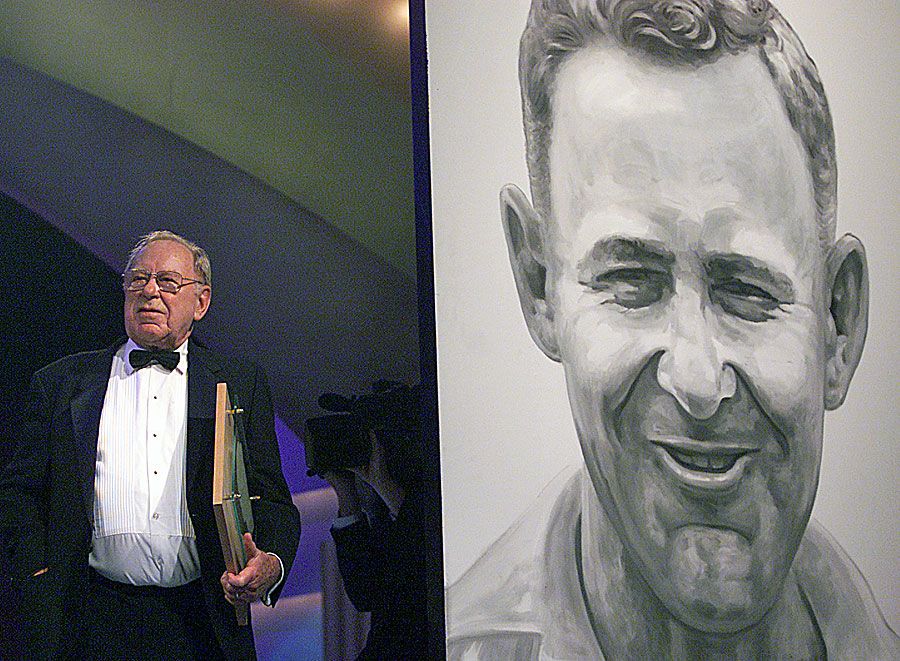
The book also includes detailed chapters on Brittany on the grounds that its Celtic population which came from migrations from "Greater Britain" meant that "Little Britain" (Brittany) was as much heir to Roman Britannia as were England, Wales, Ireland, and Scotland.Īlthough popular with the public, the book was heavily criticised in professional historical circles, severely damaging Morris's academic reputation in the eyes of many of his peers. The book is not, however, exclusively about Arthur, but rather about the history of Celtic Britain during that era. The Age of Arthur (1973) was the first attempt by a professional historian to build a picture of Britain during the period 350–650, when King Arthur (whom Morris accepts as an authentic historical personage) was supposed to have lived. In 1975 Morris wrote the script "Domesday Republished" for the Look, Stranger BBC-TV series. He was a founder-member of the Committee of 100, an anti-war group founded by Bertrand Russell in 1960, and was later involved in the Institute for Workers' Control.

He stood unsuccessfully for Parliament in 1935 as a Labour Party candidate, and was for a time secretary to the Labour MP George Strauss.

Morris was a socialist and anti-war campaigner. His last book was Londinium: London in the Roman Empire, published posthumously in 1982. He also instigated the publication of a new edition of the Domesday Book, and edited the Arthurian Period Sources series. Martindale, of The Prosopography of the Later Roman Empire, a biographical dictionary of the years 284–641, the first volume of which was published in 1971. In 1952 Morris founded the historical journal Past & Present, which he edited until 1960, and remained chairman of the editorial board until 1972.

He worked in India in 19 as a lecturer for the Indian University Grants Commission, before returning to UCL to become Senior Lecturer in Ancient History, a post he held until his death. In 1948 he was appointed Lecturer in Ancient History at University College, London.

After the war, he held a Leon Fellowship at the University of London and a Junior Fellowship at the Warburg Institute. Morris read modern history at Jesus College, Oxford, from 1932 to 1935, and served in the Army during the Second World War.


 0 kommentar(er)
0 kommentar(er)
